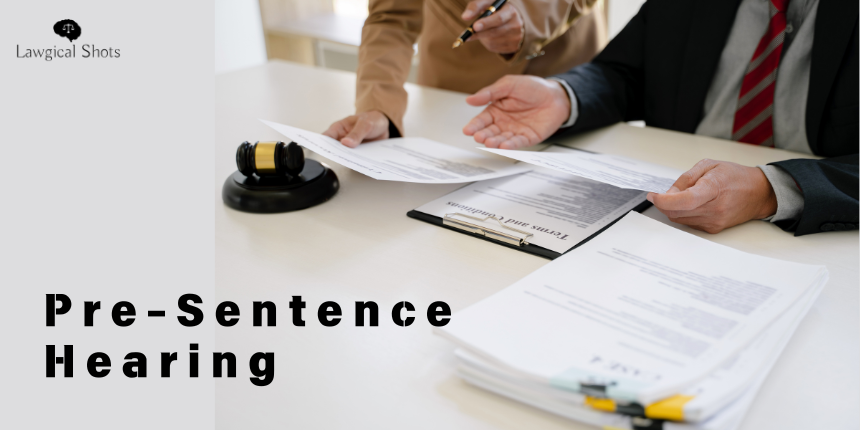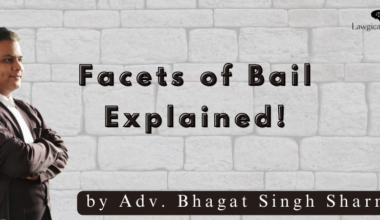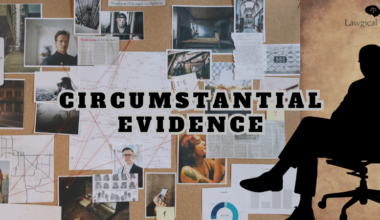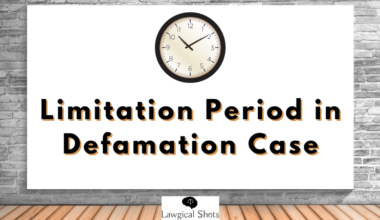Someone committed a crime, the Police investigated the matter, Court concerned conducted the trial, and the person was found guilty….Now What? What actually happens when a person is found guilty and the punishment is yet to be pronounced? Do convicted persons have a say on how much imprisonment may be ordered by the Court? Here, we are going to delve into what the Bharatiya Nagarik Suraksha Sanhita lays about pre-sentence hearing. Is there any deviance from the old criminal laws? Know the important aspects of pre-sentence hearing in BNSS and how it can help the convicted person in reducing the sentence.
History of Pre-Sentence Hearing
The New Criminal Laws were introduced in 2023 and came into force in July 2024. The Bharatiya Nagarik Suraksha Sanhita does replicate the provision for opportunity of hearing for the accused before the Court passes the order for sentence. It was there in the Code of Criminal Procedure, 1973 as well. However, the CrPC 1898 did not provide accused persons any opportunity or a say regarding the sentence to be imposed as a punishment for crime committed. The said aspect was introduced in CrPC 1973 following the recommendations of the Law Commission of India in its 48th Report. It required the Courts not only scanning through the crimes but the criminal as well, before deciding the punishment, upholding the theory of rehabilitation in crimes. The Courts thereby need to look at the facts which are otherwise irrelevant for the trial, but relevant while deciding about the life of a person who is convicted for committing a crime.
Also explore about community service as a punishment
Law on Pre-Sentence Hearing
Section 258 of the Bharatiya Nagarik Suraksha Sanhita deals with Judgment of acquittal or conviction after Trial before a Court of Session. Sub-Section 2 of Section 258 of BNSS pertains to the pre-sentence hearing. It reads as “If the accused is convicted, the Judge shall, unless he proceeds in accordance with the provisions of section 401, hear the accused on the questions of sentence, and then pass sentence on him according to law.” The Section 401 so excused hereby talks about Order to release on probation of good conduct or after admonition. Thus, the provision states that if an accused is convicted for committing an offence, and the Court does not proceed on extending the benefit of probation to him/her, the Court is bound to hear the accused on the question of sentence to be awarded for the offence committed, and then accordingly pass the order of sentence. The quality, quantum and nature of sentence should be awarded in a given case is at the core of the entire structure of criminal justice administration.
In case of Trial of Warrant Cases by Magistrate, a similar provision is laid under Section 271 (2) of BNSS. It states that if the Magistrate finds an accused guilty and does not opt for the option of probation, shall hear the accused and accordingly pass the sentence.
What happens in a Pre-Sentence Hearing?
During the hearing for deciding sentence for accused found guilty of a crime, Courts are required to assess the socio-economic consequences as well as psychological repercussions before passing an award of sentence in criminal trials. The defendant’s background, criminal antecedents, seriousness of the crime, other mitigating factors, etc. Anything that could weigh upon the Court to lessen the punishment is discussed before the Court, in the presence of prosecution. This helps the Court to decide the quantum of punishment to be decided. Both the sides argue their stance, and provide relevant evidence. Thereafter, it is up to the Court regarding the final decision.
Evidence required in Hearing for Sentence
People often confuse evidence for pre-sentence hearing as to the evidence to prove innocence of the person in the particular crime. What should be kept in mind at this stage is that the person has already been convicted, and the gravity of punishment to be imposed has to be discussed in the said hearing. Thus, the following may weigh as relevant evidence during hearing for deciding sentence for a crime:
- Previous criminal record, if any
- If it was first conviction for any crime, the same may be deposed through known people
- Behaviour in the society through deposition by neighbours or colleagues
- Impact of crime on the victims, if unaffected
- Personal circumstances, such as sole breadwinner, disabled family members, etc.
- Any other mitigating factors based on personal facts
Pre-Sentence Report
Since the Court cannot itself investigate the background of a convict, it seeks assistance from the Probation Officer. The said official is required to prepare a pre sentence report. While there is no hard and fast rule, the basics to be included in the same are:
- Information pertaining to personal, family, community, cultural and social background of the convict;
- Information on factors contributing to the offence, and rehabilitative requirements of the convict;
- Details pertaining to any offer/agreement/response/measure or the outcome of any other restorative justice processes occurred in connection with the case;
- Recommendations on appropriate sentence or other disposition, considering the risk of further offences by the convict;
- If proposed sentence of supervision/ intensive supervision/ home detention/ recommendations of appropriate conditions of sentence;
- Confirmation of the pre-sentence hearing report availed to the convict.








